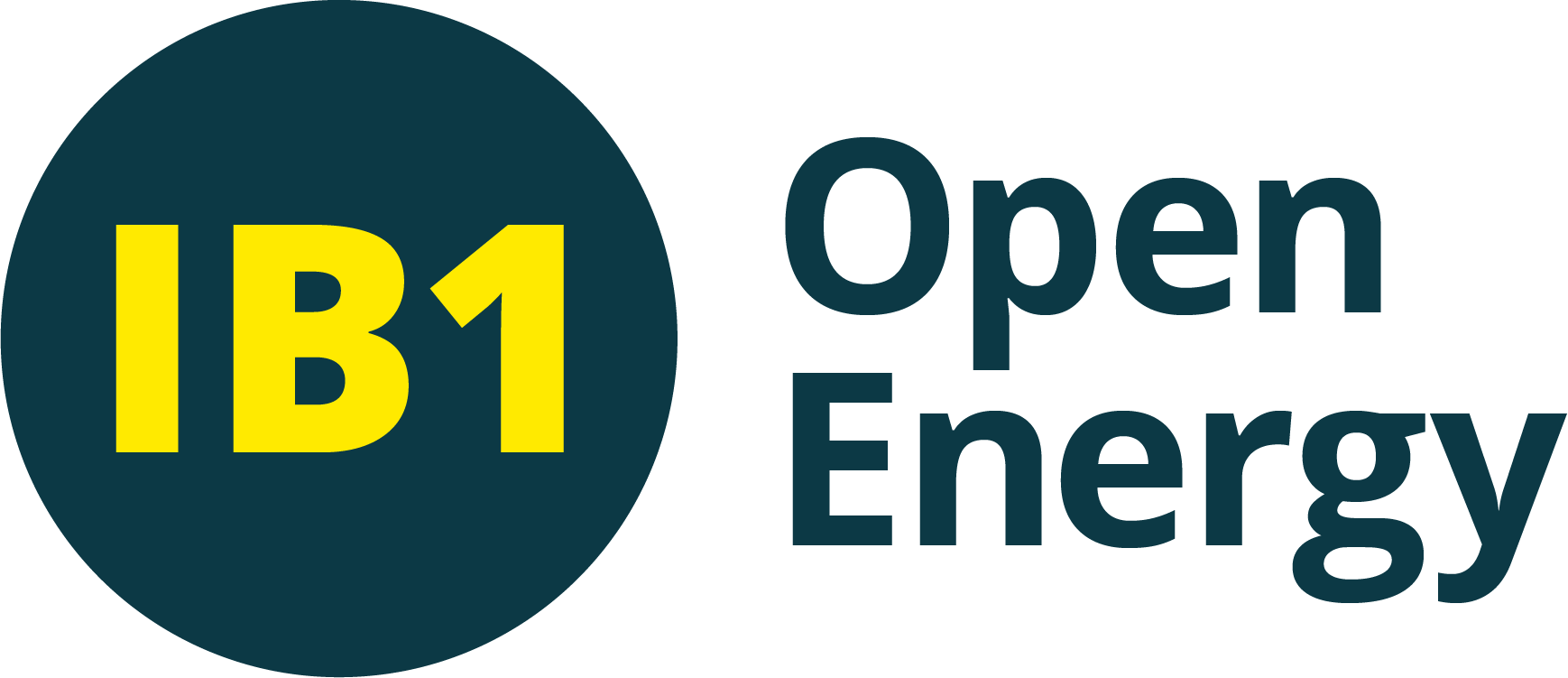Calls to action
Please see here for our open calls to action
About the session
Simon Evans, Arup’s Digital Energy Leader and Lee Wilson, Scottish Power’s Data & Analytics led today’s session on the Metadata Standards & Glossaries Advisory Group, with over 30 attendees from across the sector.
Slides from the session are below:
A broad-ranging introduction, we covered metadata standards and publishing, through to how this work feeds into national energy digitalisation programmes.
We have applied the following principles in designing/selecting the metadata standards and supporting glossaries:
- Coverage: the standards should provide for appropriate breadth and depth of coverage of the sector
- Flexibility: adopters should be able to select those parts of the standards most relevant to their needs
- Extensibility: the standards should provide a framework within which additional standards can be included as new requirements and use cases arise
- Interoperability: the standards should maximise the interoperability of data between systems and actors
- Reuse: the standards should adopt/reuse existing standards wherever possible
- Consistency: the standards should support adopters to apply the standards as consistently as possible.
- The “metadata standard” is not a single standard, but a collection of core standards and links to others
Example feedback across four themes included:
- Feasibility, maturity and blockers
“The ability to pass through Licensing seamlessly is critical. Our end users need the ability to access data and know that the licensing is taken care of.
Data needs to be de-siloed from regulated energy ‘monopolies’. Policy and regulation which compels data siol owners to make available their data without cost or undue restrictions is critical to the development of the energy sector. “
“Challenges I see in this industry: Data quality, lack of standards application (where they exist (e.g. CIM) and standards in some areas. Lack of metadata capture. Open data triage process is a good starting point but will need adaptation and adoption in each organisation. Potential liability if data is used for purposes that it was not intended for. Others getting commercial gain from ‘my data’ without me being compensated.“
- Flexibility, extensibility, evolution
“Critical for take up. I think the introduction of ‘recommended’ subset of fields will be useful but making it all mandatory could be a barrier for some to participation so lets everyone move collectively forward and improve over time”
“The standards should be evolved completely out in the open (which would be a major departure for the UK energy industry!). The standards should be developed on GitHub, just like standards like DCAT are discussed on GitHub.”
- Interoperability
“Everything is an API, no exceptions. We use OpenAPI/Swagger definitions to publish available data sets and methods both internally and externally. We would really appreciate not having to reinvent the wheel every time. For instance, let’s all standardise on UTC, let’s all publish in JSON,CSV and XML as a minimum. Etc.”
“As a minimum I think consistent application (in meaning) of the mandatory fields across different organisations would be a start.”
- Benefits, Values, Incentives, Drivers
“Allowing more people to use data has the potential to lead to an improved consumer experience – greater variety of offers and business models”
“Descriptors on subject; format; quality and rights will be useful but has been done more ad hoc; I think we have room for improvement here so anticipate other fields may be useful but we haven’t industrialised our learning yet.
I imagine consistency in standards will be important for partners and also for example researchers/ agencies seeking to understand a ‘joined up picture’ and take a lens to particular use cases or topics “
Finally, we presented the metadata progress from MEDA and its alignment with EDVP. Feedback emphasised the importance of tooling and the potential role as a gold standard best practice guide for publishing open data.
